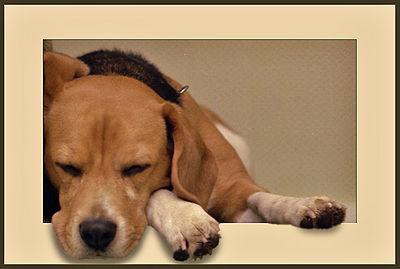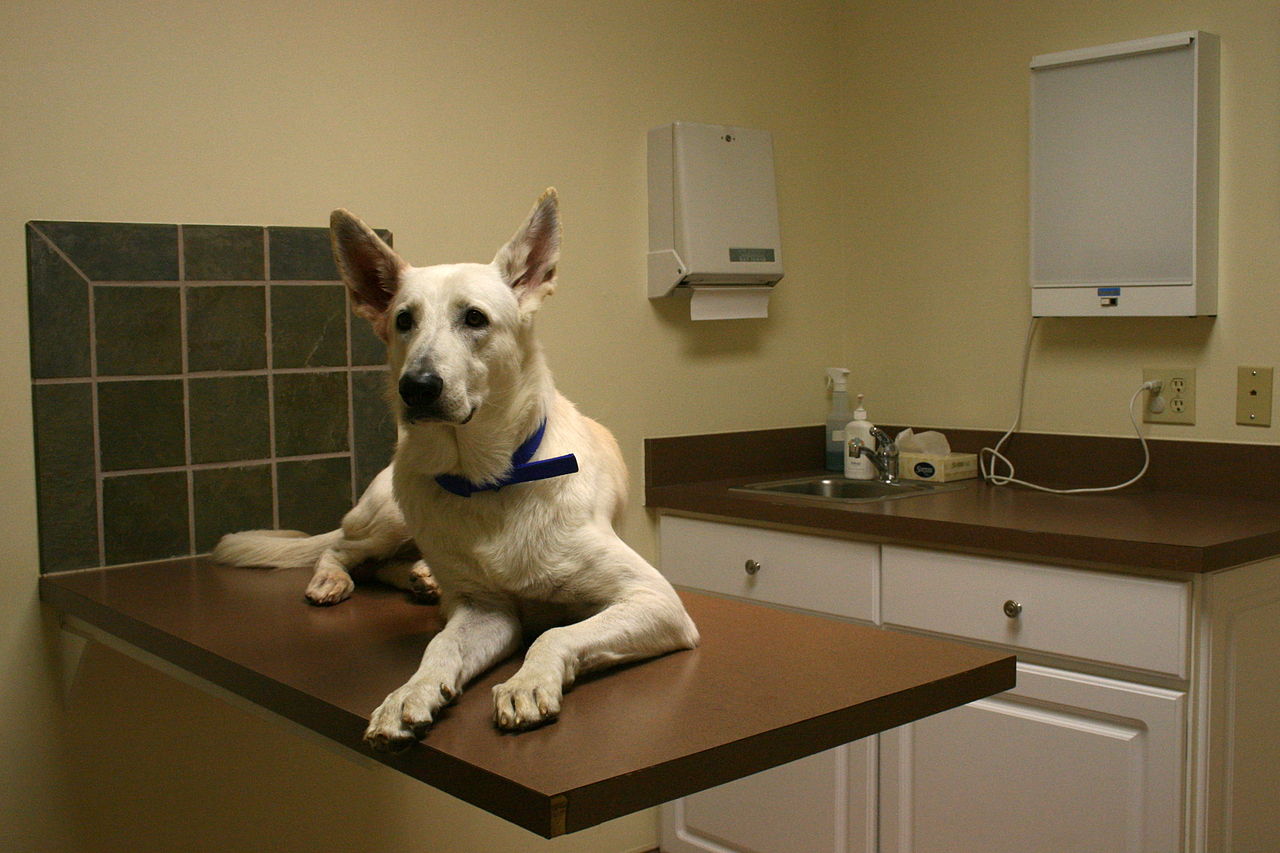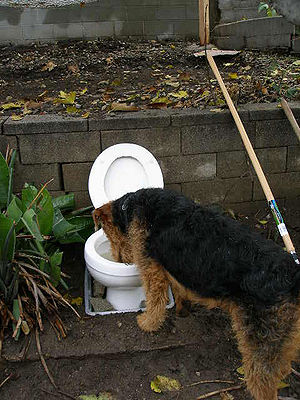
Many of us allow our dogs to sleep with us on our bed or at least close by our bed.
Because of their complete trust in us, dogs fall easily asleep reaching a stage known as REM. REM means Rapid Eye Movement and is the stage of intense brain activity when we dream. When your dog enters this stage of sleep, it may be difficult to arouse him and sometimes he has to be shaken awake.
Some dogs, particularly brachycephalic dogs because of their short noses and pushed in faces, breathe heavily and snore. The term brachycephalic is derived from the Greek, brachy meaning short and cephalic meaning head. Chronic snoring can cause fatigue and make dogs more prone to heat stress.
If you feel uncomfortable about the snoring or have any questions, it’s a good idea to have the vet give your dog an examination. Your vet can determine if allergies are the cause, if there is a constriction in the airway, if there is excess tissue in the throat or any other obstruction such as a tumor. Overweight dogs are also more prone to snoring.
If there is a physical reason for snoring, your vet can then advise you as to what procedures, if any, are necessary to correct the problem and give your dog (and you) relief.
Sometimes changing your dog’s bed will make the difference. Round beds that cause your dog to curl up may reduce snoring.
For most of us, our dogs snoring is just something we have to live with. But if it really bothers your sleep, you may have to ban your dog from the bedroom.



